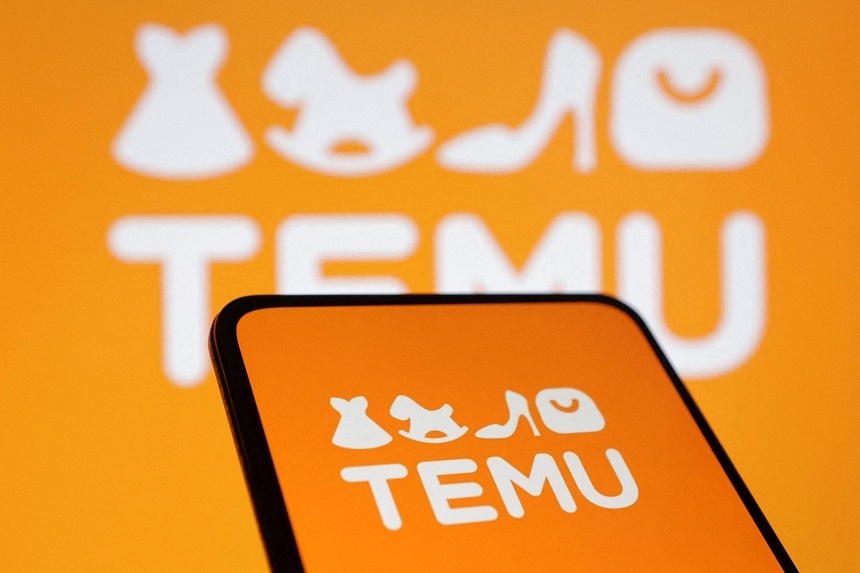Temu unlikely to give up on entering Indonesia despite continued rejection from the authorities

Temu’s appeal lies in the extremely low prices of its goods, enticing some people to wait nearly a month for delivery, according to Temu customers.
A report from The Guardian newspaper in November 2023 found that items like socks, re-usable drinking straws and kitchen utensils were available on the app at low prices. For instance, a large novelty kitchen spoon that would have retailed for up to £14 (S$24) in Britain was being sold for less than 10 per cent of the price, at £1.25.
What sets Temu apart from Taobao, another popular online shopping service from China, is that Temu’s vendors are mostly factory stores offering lower prices for mass-produced goods, while Taobao sellers are often independent businesses.
Temu’s factory-to-consumer business model allows it to bypass resellers, with most of its products sourced from major Chinese production hub Guangzhou.
This is where the threat to Indonesia lies, said Ms Jiayu Li, a senior associate at policy advisory firm Global Counsel who specialises in the China market.
“Temu’s success is built on offering cheap, unbranded products, with the platform continually pressuring sellers to undercut competitors and reduce prices,” she said.
“This approach is highly disadvantageous to small and medium producers and could be particularly damaging for small businesses in Indonesia.”
In 2023, Indonesia introduced stricter e-commerce guidelines to ensure fairness in pricing and increased accountability for online platforms. This came after President Joko Widodo in 2021 urged consumers to shun imported products, amid concerns about predatory pricing on such platforms, including those selling Chinese goods.
Such predatory pricing, coupled with Temu’s offerings of free shipping and discounts, is unhealthy for Indonesia in the long-term, said Mr Muhammad Habib Abiyan Dzakwan of the Indonesian think-tank Centre for Strategic and International Studies (CSIS).
“There is a possibility for Indonesia to be much reliant on imported cheap products, reducing Indonesia’s trade surplus while also pushing down competitiveness of local SMEs,” he added.
Ms Li believes that Temu is unlikely to give up on Indonesia, noting how the country’s large, young, and price-sensitive population is an attractive market.
“Among Chinese companies expanding globally, there is a saying that one cannot capture the South-east Asian market without winning over Indonesia,” she said.
Mr Li Jianggan, chief executive of MW, agreed that Temu is not likely to give up so easily, given the vast potential of the Indonesian market.
“On top of all the development and investments over the last few years by various players and investors, the e-commerce infrastructure and ecosystem education have already been established in the market,” said Mr Li.
Mr Habib added that geopolitical factors also mean that Temu will not give up on Indonesia.
“Temu values Indonesia not only because of the notable size of our market, but also because of their growing struggle to operate in developed countries who impose stringent geopolitical scrutiny and due diligence against China-affiliated entities,” said the researcher at CSIS’ department of international relations.
